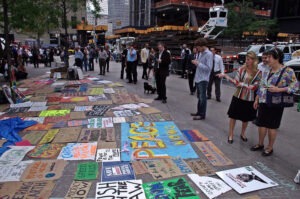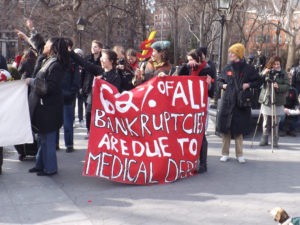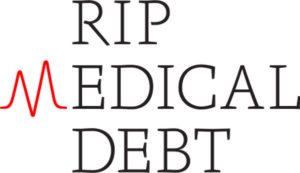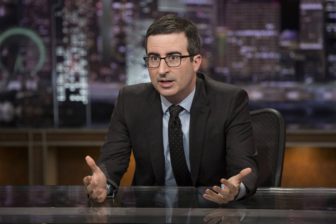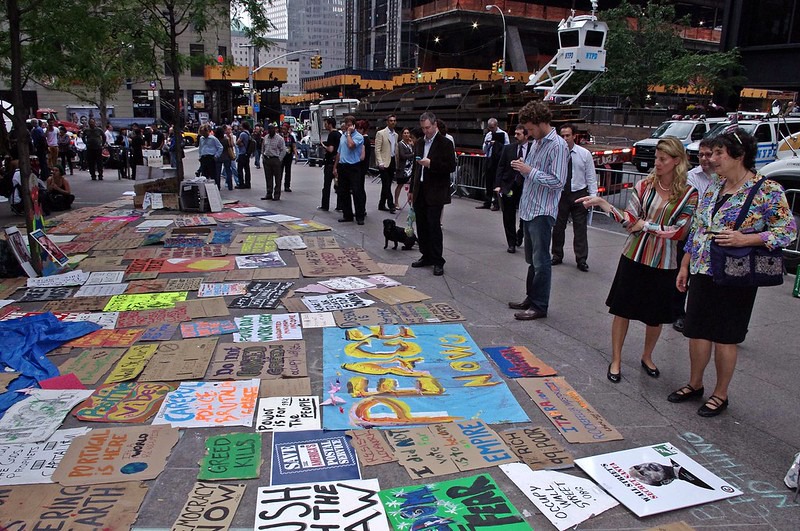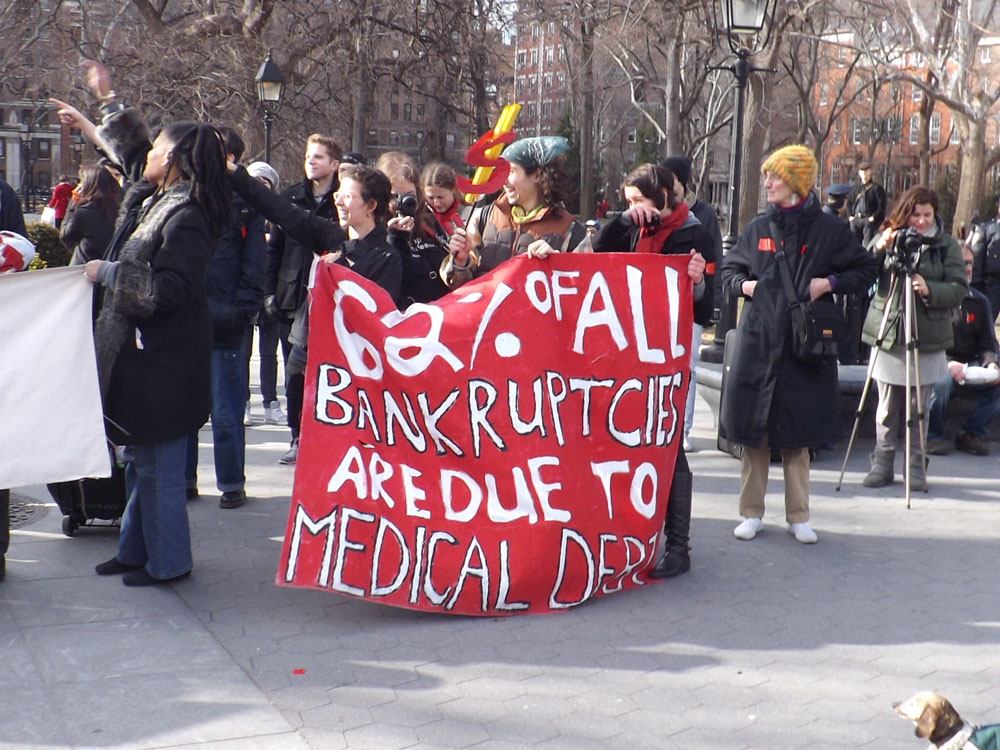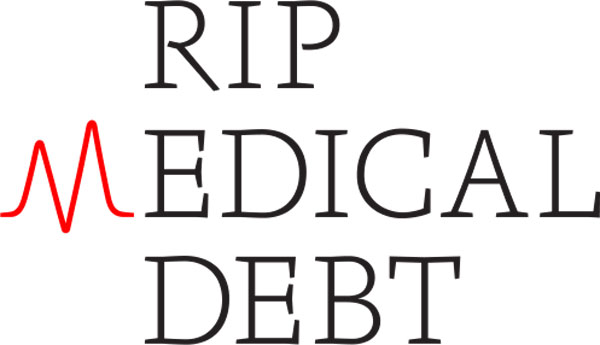November 18, 2011; Source: Open Channel on MSNBC | This isn’t an Occupy Wall Street story. It is a story about the lengths that some people in corporate America might contemplate going to in order to undermine their critics. The target might be “OWS” in this story, but there would be little difference here between Occupy Wall Street and any nonprofit critic of corporate policies, given what was discovered by Chris Hayes of MSNBC.
The lobbying firm Clark Lytle Geduldig & Cranford prepared a memorandum for one of its clients, the American Bankers Association, recommending that the “ABA pay CLGC $850,000 to conduct ‘oppositional research’ on Occupy Wall Street in order to construct ‘negative narratives’ about the protests and allied politicians.” There is much in the memo—discovered by Hayes and the staff of “Up with Chris Hayes”—that is quite revealing about the corporate world’s fear of criticism in general of corporate policies, and concerns about the political ramifications of such criticism:
Sign up for our free newsletters
Subscribe to NPQ's newsletters to have our top stories delivered directly to your inbox.
By signing up, you agree to our privacy policy and terms of use, and to receive messages from NPQ and our partners.
- The CLGC memorandum raises fear about the united concerns of the Occupy movement and the Tea Party: “Well-known Wall Street companies stand at the nexus of where OWS protestors and the Tea Party overlap on angered populism . . . This combination has the potential to be explosive later in the year when media reports cover the next round of bonuses and contrast it with stories of millions of Americans making do with less this holiday season.” Remember that part of the Tea Party complaint was the Wall Street bailout. You can see the Wall Street fear not of a left or right wing ideological critique, but of a populist opposition.
- The CLGC fear is not just that Democrats will gain strength from the Occupy movement but also that Wall Street won’t be able to keep the Republicans: “[T]he bigger concern should be that Republicans will no longer defend Wall Street companies.”
- An element of the CLGC strategy is to identify who is funding OWS: “It will be vital to understand who is funding it and what their backgrounds and motives are. If we can show that they have the same cynical motivation as a political opponent it will undermine their credibility in a profound way.”
The ABA has announced that it has not acted on the purportedly unsolicited CLGC memorandum, but what if it hadn’t been made public by Hayes and his MSNBC staff? Plenty of nonprofits, including purported critics of the financial system, take money from the banks, making them unlikely targets of an ABA oppo strategy, but what about those nonprofits that aren’t on the philanthropic lists of Wall Street companies? Are other parts of the corporate sector getting similar CLGC-type memoranda and, without a Chris Hayes revelation, acting on them?—Rick Cohen.


